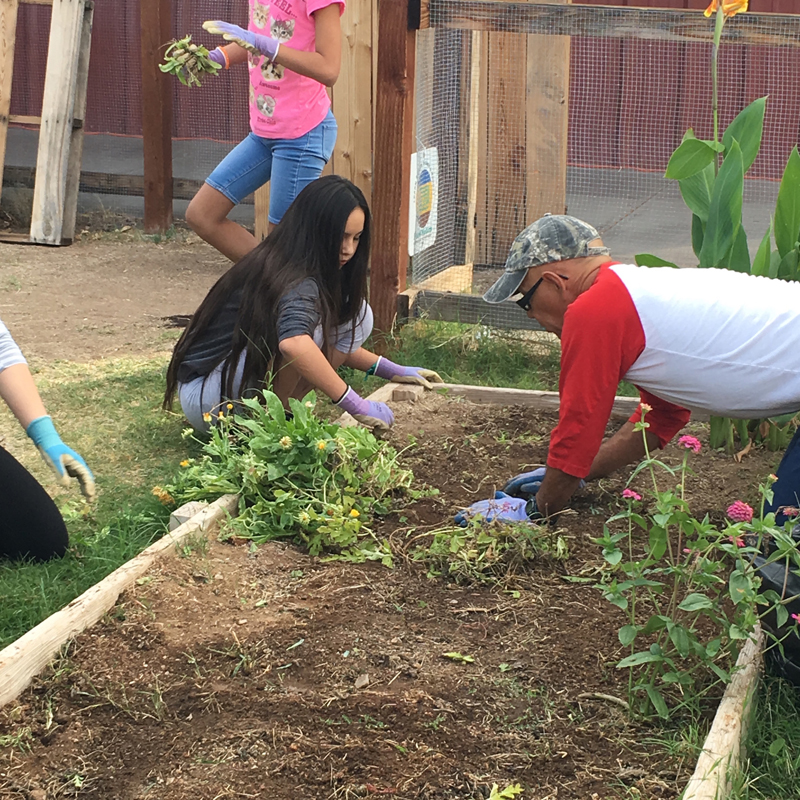Desert Senita Community Health Center (DSCHC)
Centering on Both Healing and Wellness
Located in the rural community of Ajo, Arizona, about 43 miles north of the Mexican border, Desert Senita is a Federally Qualified Health Center (FQHC) and part of the Arizona Alliance for Community Health Centers. It provides a variety of services to more than 75% of the population of Ajo—or over 2,400 residents. Over one third of the Center’s patients live below the Federal poverty line.
As a Patient Centered Medical Home (PCMH), the Center is committed to providing services that meet the pressing health care needs of its community—from acute care to chronic and preventive care, from elderly patients to children and adolescents.
Uniform Data System (UDS) reporting showed a high incidence of overweight and obese patients among DSCHC’s population. Additionally, the highest numbers of visits by adults to the Center were for hypertension and anxiety disorders. Therefore, support for establishing and maintaining healthy lifestyles became a key focus for Desert Senita’s education and outreach programs like EASY and Bike AJO:
Edible Ajo School Yard (EASY)
 Since 2010, DSCHC’s Outreach Department has facilitated the Ajo Unified School District’s School Garden and, in 2013, became certified to grow food for the school cafeteria. Students in pre-K participate in mandatory, weekly gardening classes. Each semester, a Family Night at EASY helps connect students’ families to the gardening project. During the Semester Health Safari, data is tracked for students’ weight and height, blood pressure, and dental screenings – another free service provided by DSCHC. Since garden activities began, a gradual decline in BMIs has been recorded in some age groups.
Since 2010, DSCHC’s Outreach Department has facilitated the Ajo Unified School District’s School Garden and, in 2013, became certified to grow food for the school cafeteria. Students in pre-K participate in mandatory, weekly gardening classes. Each semester, a Family Night at EASY helps connect students’ families to the gardening project. During the Semester Health Safari, data is tracked for students’ weight and height, blood pressure, and dental screenings – another free service provided by DSCHC. Since garden activities began, a gradual decline in BMIs has been recorded in some age groups.
Bike AJO
Bike Ajo is a coalition formed through a Plan4Health grant, an initiative of the American Planning Association. The coalition increases community access to physical activity by creating a sustainable cycling hub that provides education on bicycle safety and repair, certifies community members as cycling instructors, and builds partnerships with local Ajo organizations. Forty bikes and helmets were provided for a weekly bike class for 6th graders at the School District. DSCHC also has a dozen bikes available for community members.
View the video, “Adriana’s Story,” developed to explain the benefits of biking.
DSCHC’s services and operations link directly to a number of TCPI PFE metrics, including Metric 1: Support for Patient and Family Voices in Governance and Decision-Making.
- Community volunteers joined with DSCHC staff to implement both EASY and Bike Ajo. DSCHC monitors outcomes.
- 51% of the members of DSCHC’s Board of Directors are residents who receive care at the Center. Board members are involved on Quality Improvement Committees and in strategic planning.
- Patient input is sought in a variety of ways including annual patient surveys, informal conversations with patients in the waiting room, and quarterly customer service calls.